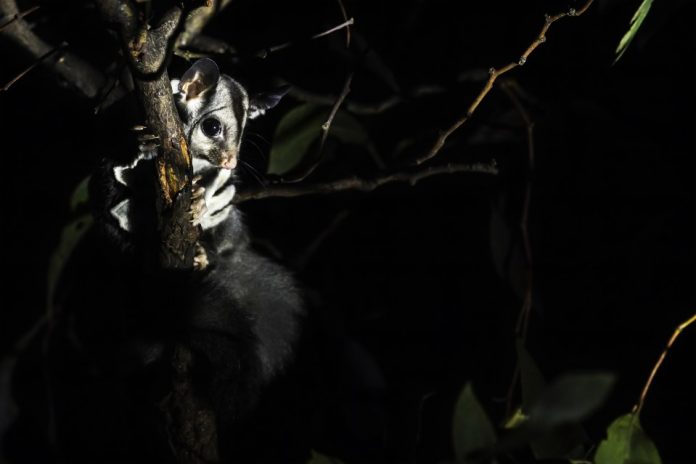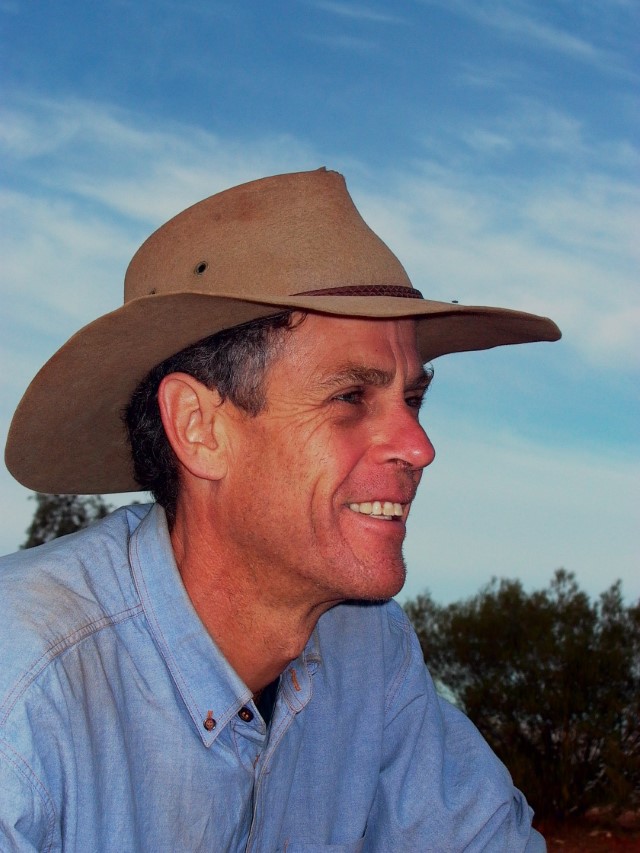By Bron Willis
Gregg Borschmann has had many conversations with editors over his 30-year career as an environmental journalist, but there is one from the 1980s that sticks in his mind more vividly than any other.
“I had just come back from spending time in Queensland – writing about the reef and the Wet Tropics forest issues,” he said.
“I was working at The Age and I’d just handed in my latest feature – this one about the forests. My editor read it, then looked up at me and said ‘Careful, Gregg, you’ll become typecast as a journalist who can only write one sort of story.'”
It didn’t take Borschmann too long to throw that advice out and pursue environmental stories that he reported on with both passion and journalistic integrity – the exact thing his editor warned was impossible.
But now, after writing hundreds of environmental stories for the ABC and The Guardian as well as being environmental editor for the Radio National Breakfast program for 20 years, Borschmann has retired from journalism to pursue his passion for the environment and for stories in other ways.
Next week, Borschmann will MC a biannual gathering of nature lovers, landcare groups, glider experts and scientists in an online symposium presented by local not-for-profit group Biolinks Alliance. The symposium’s focus species, greater and squirrel gliders, are emblematic of the native wildlife of central Victoria, with populations having dived drastically in the last 40 years.
The 2020 Biolinks Alliance Glider Symposium brings together a stellar lineup of leading scientists – but the questions that Borschmann is most keen to have answered are not about the scientific how of glider conservation, but the why.
“Why does holding a squirrel glider in the palm of our hand matter? Why should we care? Why does saving gliders from extinction make us a richer country?” he asks.
These are pertinent questions for Borschmann, who has spent his career bringing governments and business to account, reporting on stories such as the loss of environmental water in the Murray Darling Basin in 2017, the logging of greater glider hotspots in 2018 and salvage logging in forests burnt in our recent Black Summer.
According to Borschmann, next week’s discussions couldn’t come at a better time.
“This is a moment. COVID has taught us that things are going to be different and that maybe, we can reinvent our world… maybe we can reinvent it so there’s a little bit of space there for a greater glider.”
MCing environmental discussions is not Borschmann’s primary focus in his post-journalism career – he’s finding time to “put on paper a few stories for my country and for my heart”, including a book on koalas and oral histories about the natural world. But he hopes working with Biolinks on the symposium will quench an urgency to figure out “where we’ve failed” in tackling the biodiversity crisis.
“This is an opportunity to put these species back on the political agenda – because clearly, we are failing at the moment.”
Tickets for Biolinks Alliance Greater and Squirrel Glider Symposium next Tuesday and Wednesday are on sale now for less than $7 a session. Keynote addresses about the science of glider conservation are available for listening now – although this isn’t essential for joining the discussion with Borschmann. www.biolinksalliance.org.au











